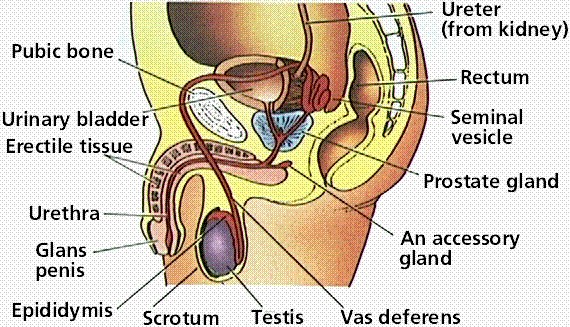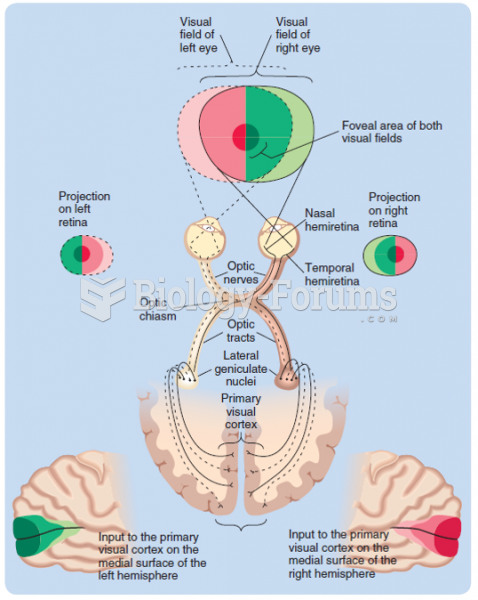Answer to Question 1
The level of stress you are experiencing at the time seems to play a major role in whether the exposure results in a cold. Researchers found that the chance a participant would get sick was directly related to how much stress the person had experienced during the past year. They also linked the intensity of stress and negative affect at the time of exposure to the later severity of the cold, as measured by mucus production. In an interesting twist, it was demonstrated that how sociable you arethat is, the quantity and quality of your social relationshipsaffect s whether you come down with a cold when exposed to the virus, perhaps because socializing with friends relieves stress.
Almost certainly, the effect of stress on susceptibility to infections is mediated through the immune system, which protects the body from any foreign materials that may enter it. Humans under stress show clearly increased rates of infectious diseases, including colds, herpes, and mononucleosis. Direct evidence links a number of stressful situations to lowered immune system functioning, including marital discord or relationship difficulties, job loss, and the death of a loved one.
Answer to Question 2
The activity of the endocrine system increases when we are stressed, primarily through activation of the hypothalamicpituita ryadrenocortical (HPA) axis. Although a variety of neurotransmitters begin flowing in the nervous system, much attention has focused on the endocrine system's neuromodulators or neuropeptides, hormones affecting the nervous system that are secreted by the glands directly into the bloodstream. These neuromodulating hormones act much like neurotransmitters in carrying the brain's messages to various parts of the body. One of the neurohormones, corticotropin-releasing factor (CRF), is secreted by the hypothalamus and stimulates the pituitary gland. Farther down the chain of the HPA axis, the pituitary gland (along with the autonomic nervous system) activates the adrenal gland, which secretes, among other things, the hormone cortisol. Because of their close relationship to the stress response, cortisol and other related hormones are known as the stress hormones.
The hypothalamus, at the top of the brain stem, is right next to the limbic system, which contains the hippocampus and seems to control our emotional memories. The hippocampus is responsive to cortisol. When stimulated by this hormone during HPA axis activity, the hippocampus helps to turn off the stress response, completing a feedback loop between the limbic system and the various parts of the HPA axis.
This answer does not address the last part of the question regarding a lab test for stress levels.







